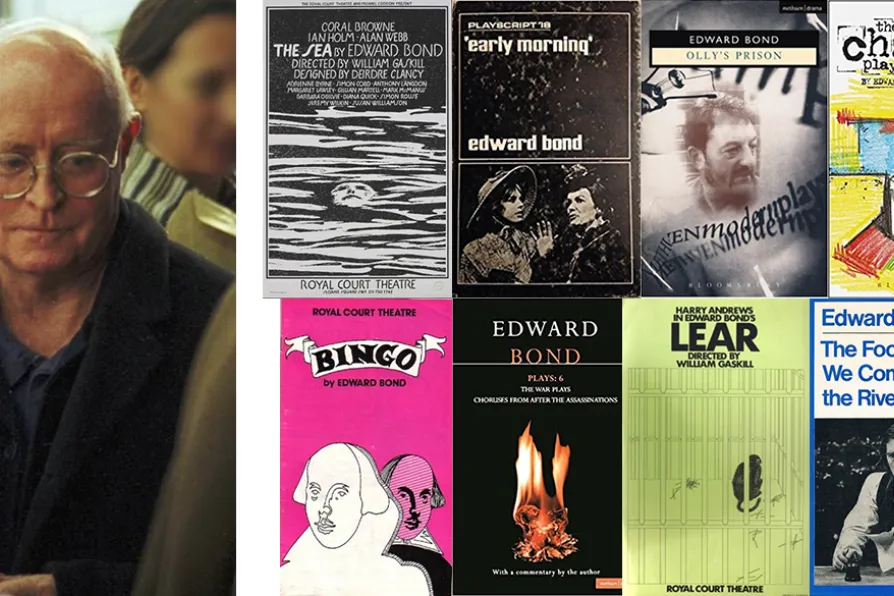ALAN McGUIRE welcomes the complete poems of Seamus Heaney for the unmistakeable memory of colonialism that they carry
How should a working class playwright be celebrated?
LEWIS FROST reports from an event to commemorate the late Edward Bond

 (L) Edward Bond at the Théâtre National de la Colline, Paris, January 2001
[D. Tuaillon/CC/Public Domain]
(L) Edward Bond at the Théâtre National de la Colline, Paris, January 2001
[D. Tuaillon/CC/Public Domain]
A MEMORIAL for playwright Edward Bond took place at Park Theatre, Finsbury Park, on Sunday August 11. The aim was to create an act or action to commemorate the life of Edward Bond.
It was organised by Sam Fairbrother and Dex of the “Commission for New and Old Art” because nothing so far had been organised to commemorate the life of one of the country’s great playwrights.
Many of the attendees had some experience of acting or staging Bond’s work, but none of theatre’s grandees or the more recent writers inspired by Bond were present. Not that that was a surprise, as Bond’s biographer Tony Coult (one of the few who maintained a working relationship with Bond throughout his life) explained.
Similar stories

This is poetry in paint, spectacular but never spectacle for its own sake, writes JAN WOOLF

MARY CONWAY is disappointed by characters so un-nuanced as to be unreal, a stereotypical plot and a conceptual vampire

ANA ISABEL NUNES points to the empowering legacy of Augusto Boal’s Theatre Of The Oppressed











